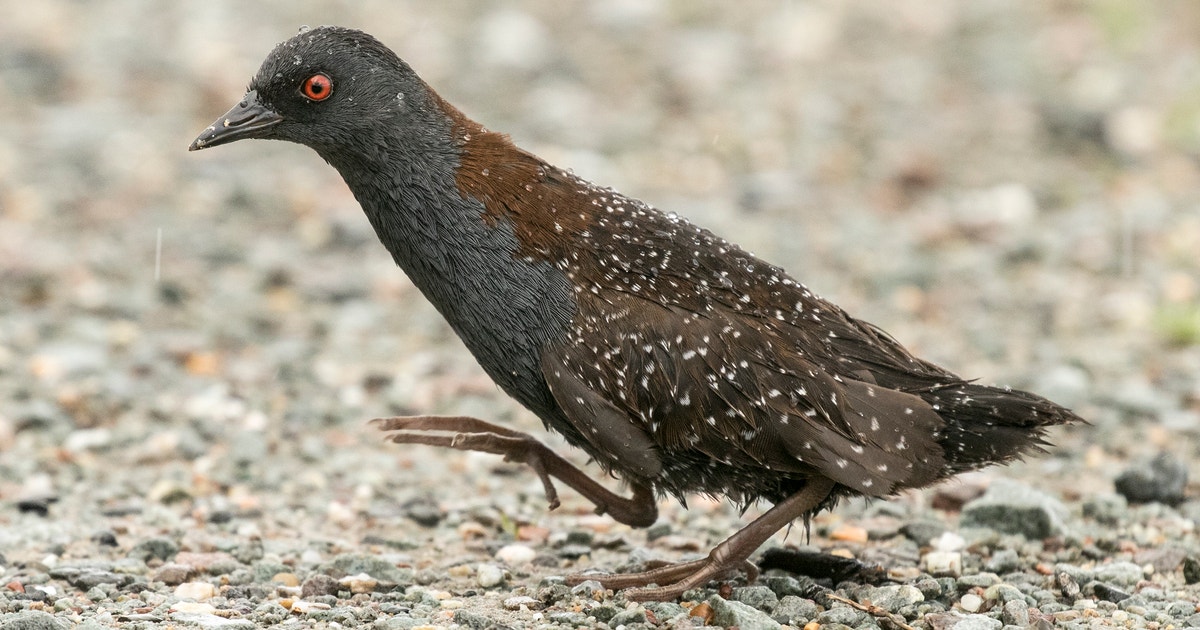WASHINGTON (June 27, 2024) – Today the Federal Energy Regulatory Commission (FERC) approved the largest liquefied natural gas export terminal in the United States, Venture Global’s Calcasieu Pass 2 (CP2) facility, to be built in southwest Louisiana. The footprint of the proposed facility would destroy habitat that supports the Eastern Black Rail, a bird subspecies listed as threatened under the Endangered Species Act.
“This project will have detrimental impacts to our climate, as well as to threatened birds like Eastern Black Rails and the wetlands and communities of the Louisiana coast,” said Sarah Rose, vice president of climate at the National Audubon Society. “Audubon is deeply concerned about the disruption this facility poses to the region’s natural ecosystem, increased public health risks, climate pollution, and loss of habitats that birds and people rely on.”
The Eastern Black Rail nests only a few inches above the ground, which means they are particularly susceptible to effects of climate change such as sea-level rise, high tides, and extreme storms. Over time much of their salt marsh habitat has been converted for human uses. Because of this unchecked development, today there are only 900 to 2700 individuals left across the Gulf and Atlantic coasts.
In January, the U.S. Fish and Wildlife Service found the CP2 project’s operation could harm as many as 100 Eastern Black Rails, representing 6 to 7 percent of the total threatened population and potentially over half of the total population in Louisiana.
Over the last several years, Audubon Delta has repeatedly raised alarm bells with permitting authorities at the state and federal level over the placement of several liquefied natural gas export terminals along Louisiana’s Gulf Coast and its impacts to critically important coastal habitat. Additionally, Louisiana has also invested millions in ecosystem restoration as part of the $50 billion Coastal Master Plan, and the ecological damage this project would cause will undermine that work.
###
About Audubon
The National Audubon Society protects birds and the places they need, today and tomorrow. Audubon works throughout the Americas using science, advocacy, education, and on-the-ground conservation. State programs, nature centers, chapters, and partners give Audubon an unparalleled wingspan that reaches millions of people each year to inform, inspire, and unite diverse communities in conservation action. A nonprofit conservation organization since 1905, Audubon believes in a world in which people and wildlife thrive.
Contact: Rachel Guillory, [email protected]

